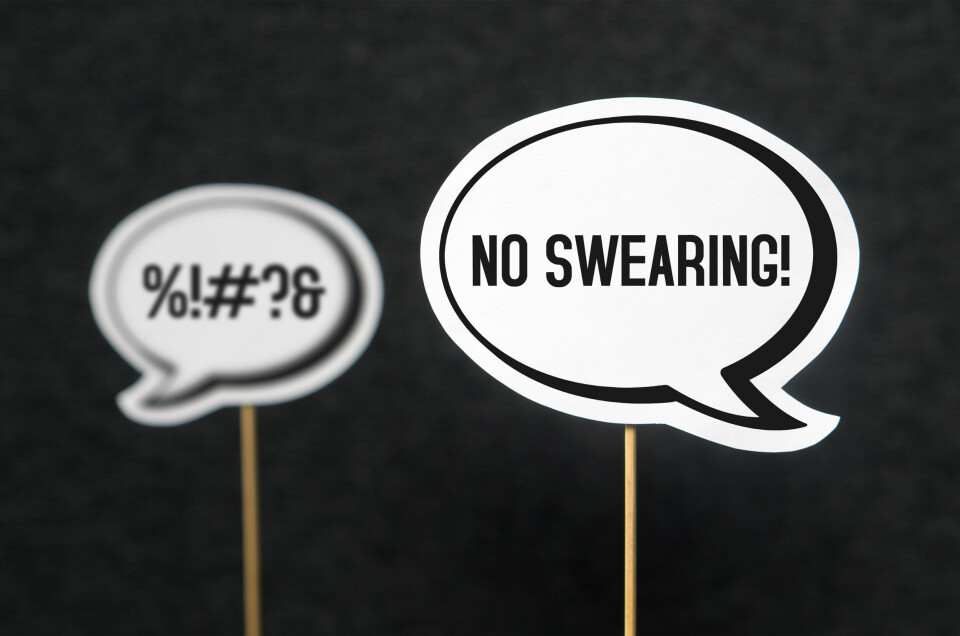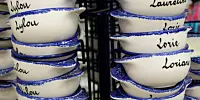-
‘Chauffer son char’: Québécois French phrases added to Google Translate
The new update includes idiosyncratic phrases and words unique to Québec
-
Comment: French YouTuber's Everest ascent is problematic but inspiring
Columnist Nabila Rambani reflects on the achievement of YouTube sensation Inoxtag
-
René, Renée: Navigating subtle gender differences in French forenames
Columnist Nick Inman explores why masculine and feminine versions of first names can trip up foreigners
French influencers' glee as YouTube lifts ban on swearing
Some YouTubers used bad language to attack how the restrictions stopped them making money

Money talks, or “l'argent parle” as the French would say, and for those who make a crust by making social media influencer videos on YouTube, talking makes money.
And so does swearing.
So when Google, which owns the video-sharing platform, recently reversed its November 2022 policy decision to demonetize videos that contain swearing in the first few seconds, there was collective relief from potty-mouthed content providers who feared a drop in revenues.
Read more: What is the first ‘swear’ word every French person learns?
To derive income from YouTube's monetization programme, you need at least 1,000 subscribers to your channel and 4,000 watch hours over the past 12 months.
French YouTuber is not impressed
At the time of the original policy shift, one enraged French YouTuber, Terracid, has this to say on effing and jeffing:
“YouTube nous casse bien les couilles avec sa nouvelle règle de démonétisation de gros mots” (YouTube is busting our balls with this demonetization of swear words).
Casser les couilles is certainly not the most elegant way to express one's frustration in the French language.
But it was in the aftermath of the YouTube policy reversal that some fine French words caught our eye in the media.
Read more: Saperlipopette: A French expression of surprise to swear by
Words that ‘lack finesse or delicacy’
The naughty words in question (which we cannot possibly list in a family newspaper) were collectively described as “les mots vulgaires et grossièretés”.
The latter, la grossièreté, is defined as something or someone that lacks finesse or delicacy.
While it can be used to describe something's aesthetic shortcomings (an ugly building, for example), it is largely kept for describing the uneducated, with the stem adjective grossier meaning rude, simplistic or very basic.
Related articles
How to avoid an unholy linguistic pitfall when speaking French
How do you express irritation in French but in a polite way?
Ça me gonfle!: How to express your irritation (or love) in French
























